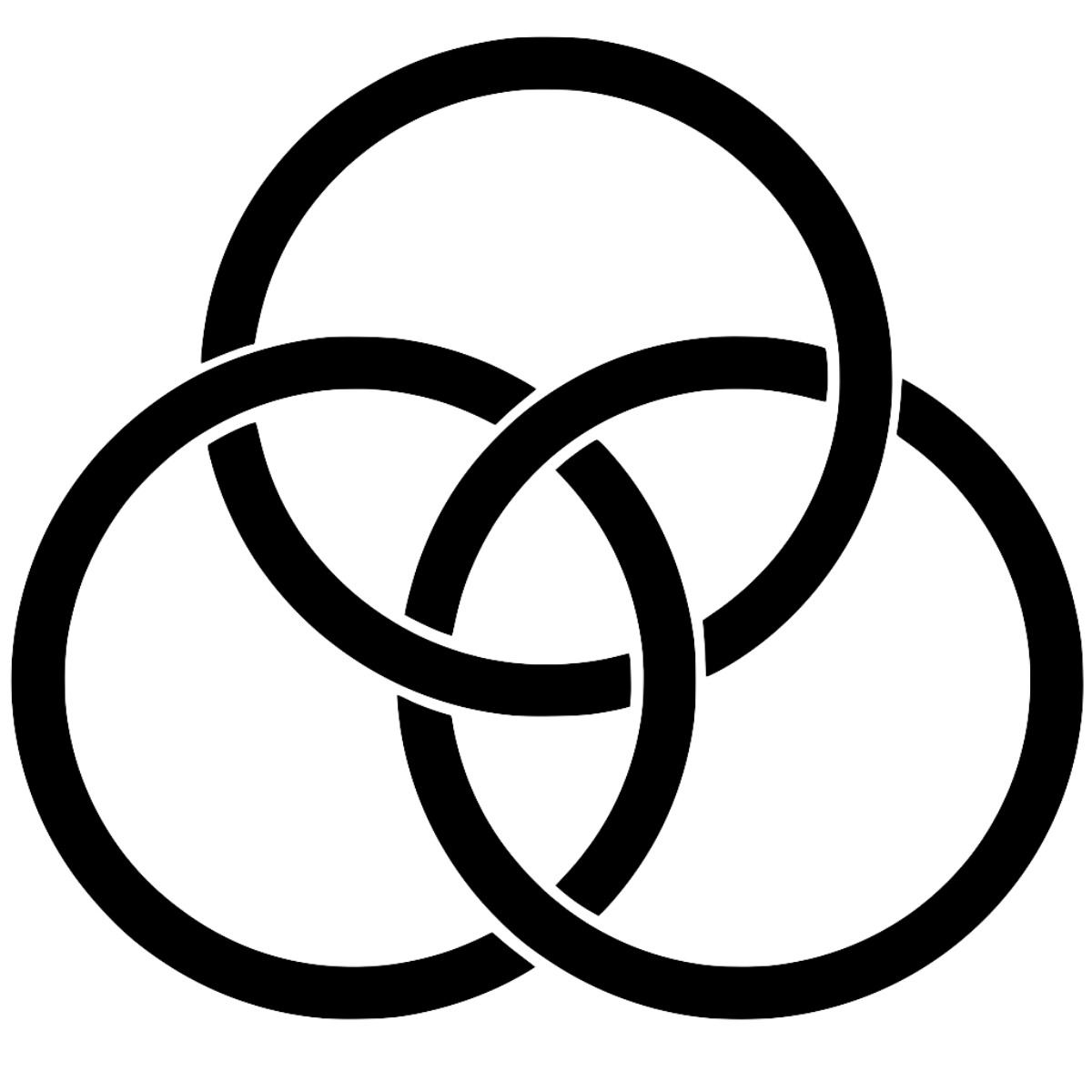Talk:Id
Freudian Dictionary
To the oldest of the mental provinces or agencies we give the name of id. It contains everything that is inherited, that is present at birth, that is fixed in the constitution-above all, therefore, the instincts, which originate in the somatic organization and which find their first mental expression in the id in forms unknown to us.[1]
You must not expect me to tell you much that is new about the id, except its name. It is the obscure inaccessible part of our personality; the little we know about it we have learnt from the study of dream-work and the formation of neurotic symptoms, and most of that is of a negative character, and can only be described as being all that the ego is not. We can come nearer to the id with images, and call it a chaos, a cauldron of seething excitement. We suppose that it is somewhere in direct contact with somatic processes, and takes over from them instinctual needs and gives them mental expression, but we cannot say in what substratum this contact is made. These instincts fill it with energy, but it has no organization and no unified will, only an impulsion to obtain satisfaction for the instinctual needs, in accordance with the pleasureprinciple. The laws of logic-above all, the law of contradiction--do not hold for processes in the id. Contradictory impulses exist side by side without neutralizing each other or drawing apart; at most they combine in compromise formations under the overpowering economic pressure towards discharging their energy. There is nothing in the id which can be compared to negation, and we are astonished to find in it an exception to the philosophers' assertion that space and time are necessary forms of our mental acts. In the id there is nothing corresponding to the idea of time, no recognition of the passage of time, and (a thing which is very remarkable and awaits adequate attention in philosophic thought) no alteration of mental processes by the passage of time .... Naturally, the id knows no values, no good and evil, no morality . . . Instinctual cathexes seeking discharge,-that, in our view, is all that the id contains.[2]
The power of the id expresses the true purpose of the individual organism's life. This consists in the satisfaction of its innate needs. No such purpose as that of keeping itself alive or of protecting itself frQm dangers by means of anxiety can be attributed to the id. That is the business of the ego.[3]
In the Id there are no conflicts; contradictions and antitheses exist side by side, and often equalize matters between themselves by compromise formations.[4]
... Everything which goes on in the Id is unconscious and remains so .... [5]
The id cannot be afraid, as the ego can; it is not an organization, and cannot estimate situations of danger.[6]
The core of our being, then, is formed by the obscure id, which has no direct relations with the external world and is accessible even to our own knowledge only through the medium of another agency of the mind .... The id, which is cut off from the external world, has its own world of perception .... The id obeys the inexorable pleasure principle.[7]
Id and Unconscious
The sole quality that rules in the Id is that of being unconscious. Id and unconscious are as intimately united as ego and preconscious; indeed, the former connection is even more exclusive. If we look back at the developmental history of the individual and of his psychical apparatus, we shall be able to make an important distinction in the id. Originally, of course, everything was id; the ego was developed out of the id by the continual influence of the e~ternal world. In the course of this slow development certalD material in the id was transformed into the preconscious ~ondition and was thus taken into the ego. Other material remall~ed unaltered in the id, as its hardly accessible nucleus. But during this development the young and feeble ego dropped and pushed back into the unconscious condition certain material which it had already taken in, and behaved similarly in regard to many new impressions which it might have taken in, so that these were rejected and were able to leave traces in the id only. In consideration of its origin, we term this portion of the id the repressed.[8]
Below
The id is the great reservoir of the libido, from which the ego seeks to distinguish itself through various mechanisms of repression. Because of that repression, the id seeks alternative expression for those impulses that we consider evil or excessively sexual, impulses that we often felt as perfectly natural at an earlier or archaic stage and have since repressed . The id is governed by the pleasure-principle and is oriented towards one's internal instincts and passions. Freud also argues on occasion that the id represents the inheritance of the species, which is passed on to us at birth; and yet for Freud the id is, at the same time, "the dark, inaccessible part of our personality."[9]
References
- ↑ Template:OoPA Ch. 1
- ↑ Template:NILP Ch. 3
- ↑ Template:OoPA Ch. 2
- ↑ Template:QLA Ch. 2
- ↑ Template:QLA Ch. 2
- ↑ Template:PoA Ch. 8
- ↑ Template:PoA Ch. 8
- ↑ Template:OoPA Ch. 4
- ↑ ("New Introductory Lectures" 22.73).
